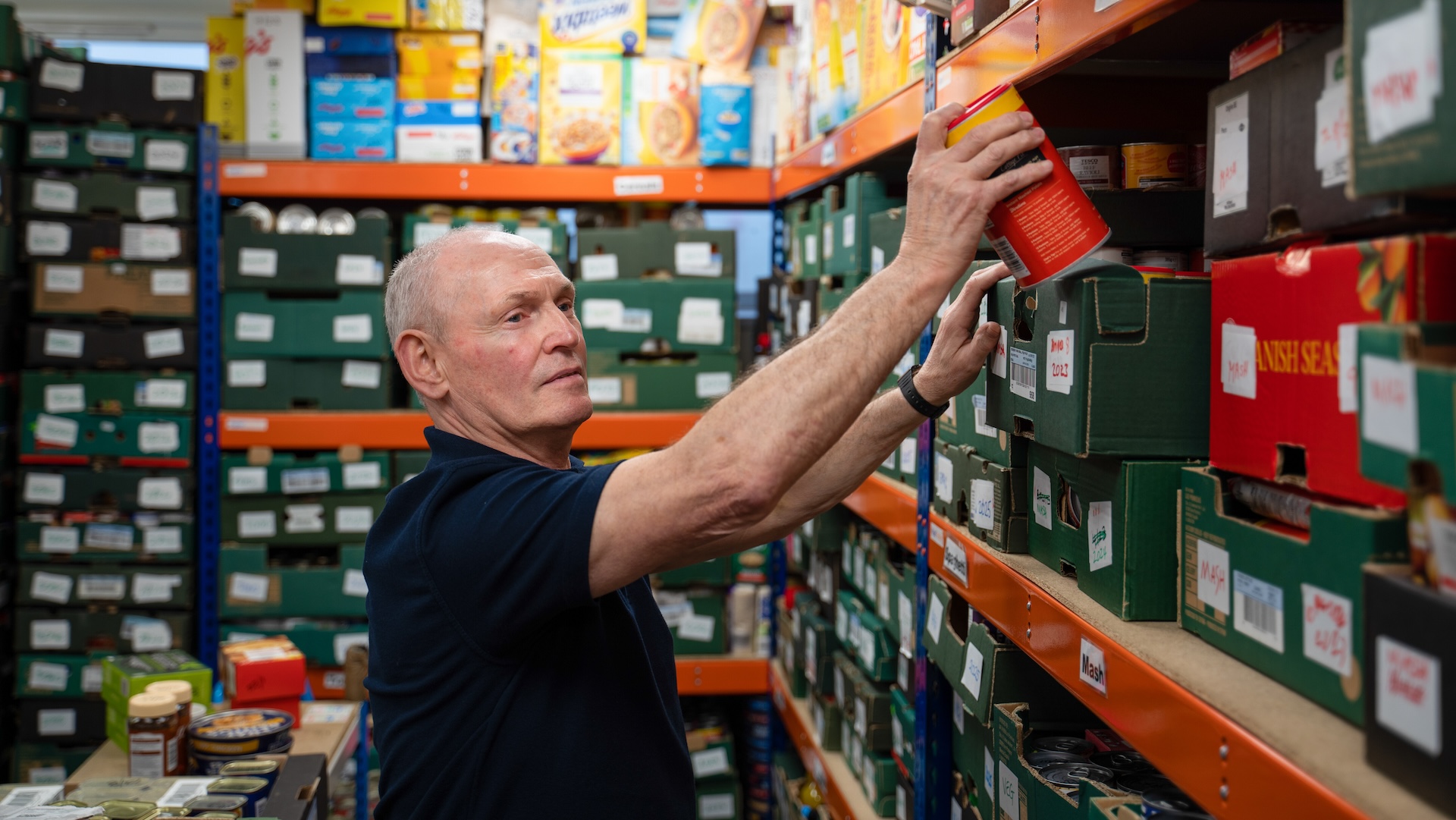Universal credit should protect people from tough times and provide a strong foundation for people to recover from setbacks and grasp new opportunities, but it’s clearly failing to do either.
Our new research has this week revealed the devastating consequences of the inadequacy of universal credit across the UK. More than half of those claiming universal credit aren’t even able to afford enough food, with 780,000 forced to access a food bank in the last month. Many people are unable to afford to use their oven or keep their house warm and 2.4 million have fallen into debt because they couldn’t keep up with essential bills.
When record numbers of people are being left with no option but to use a food bank, it’s clear that the systems that are supposed to be there to support us are not fit for purpose. Food banks do all they can to support people, but charities can’t pick up the slack of a broken security system.
- Most people who use food banks are disabled. We can do better than this – and we must
- ‘It’s awkward and stressful’: Number of young people needing help with money doubles
In the words of two people who have needed the help of our food banks: “I’ve literally gone without food for days at a time, and can’t put gas and electricity on for a week or so at a time” and “by week three, things are tight, by week four, there is nothing left.” Universal credit simply doesn’t provide enough to cover the basic essentials we all need to survive and it’s not right that people are stuck in this cycle.
In the last couple of years, the government has used one-off cost of living payments to supplement inadequate benefits. This month, eight million people across the UK are set to receive the final instalment of these. Each time a cost of living payment is made, the food banks in the Trussell Trust network have seen a drop in the numbers of people seeking their help.
But this respite is always short lived, with need quickly shooting up again. These payments have provided urgent relief to millions, but they are just temporary solutions – sticking plasters rather than a treatment for the root cause of poverty. What we need is urgent action to increase long-term support for people struggling to get by.





